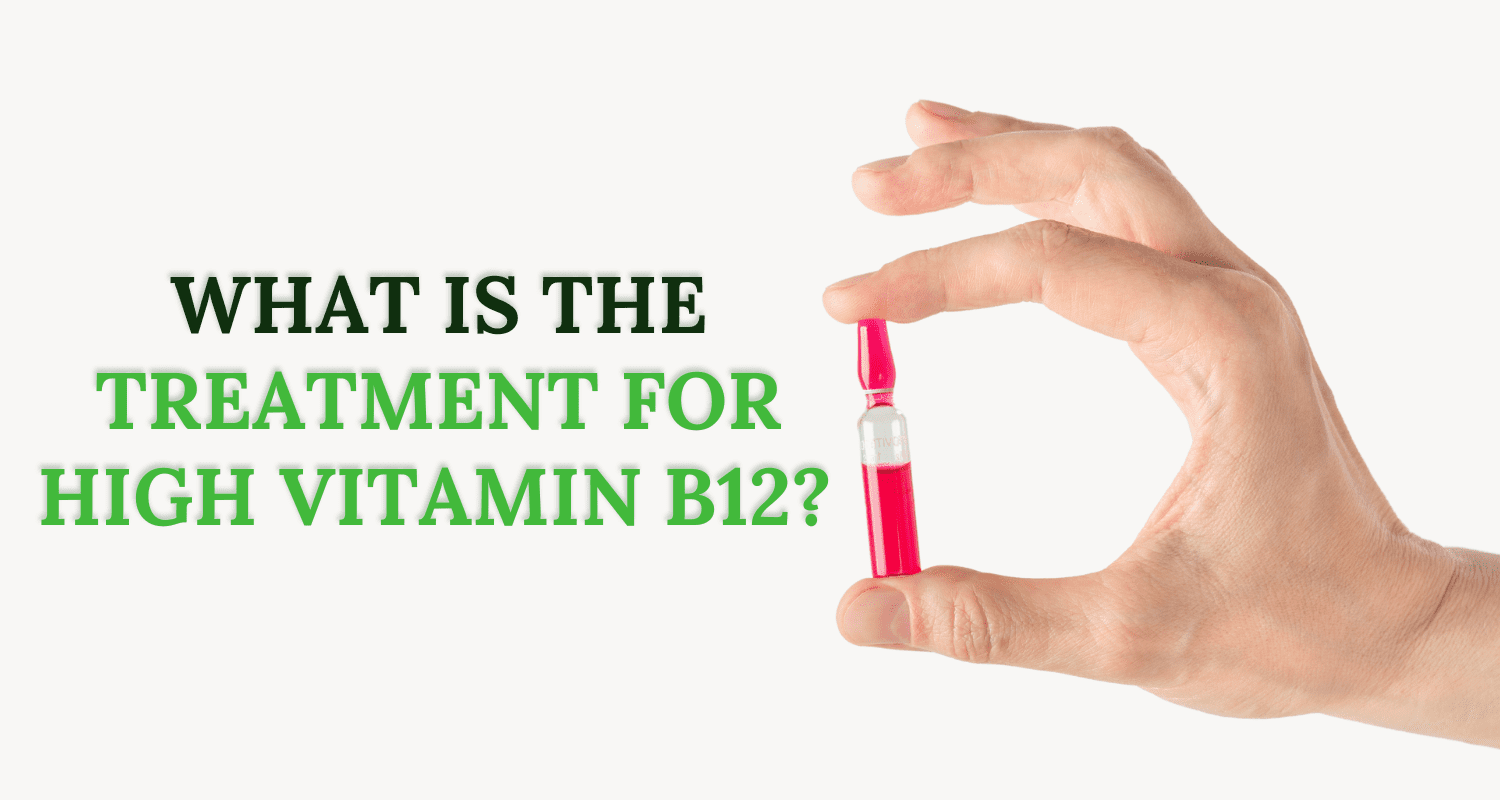Did you know about one-third of people in the U.S. regularly take a multivitamin? It’s becoming more popular to use them for better health and to fill any gaps in nutrition.
Yet, it’s not clear to the answer to the most burning question: Should I take a multivitamin?
We will look at the pros and cons of taking multivitamins whether should I take a multivitamin. We’ll also explore who might need them most, and how to pick the best one for you.
We’ll also discuss how multivitamins affect health overall.
Let’s dive into should I take a multivitamin.
Key Takeaways:
- Should I take a multivitamin? There isn’t enough evidence to recommend daily multivitamin use for healthy adults.
- Multivitamins can fill nutritional gaps but cannot replace a healthy diet.
- Specific populations, such as individuals with nutritional deficits, may benefit from multivitamin supplementation.
- Choosing the right multivitamin involves considering factors such as age, gender, and specific nutrient needs.
- A balanced diet should always be prioritized over reliance on multivitamins alone.
Risks and Benefits of Multivitamins
Many people use multivitamins to fill dietary gaps and boost their health. Studies suggest they might help reduce cancer risk in some folks.
But, science isn’t yet sure about all their multivitamin benefits and risks.
The United States Preventive Services Task Force doesn’t back multivitamin use for healthy adults. The evidence isn’t strong enough. Multivitamins shouldn’t replace eating well and balanced meals.
Multivitamins aim to add to your diet, not fix bad eating habits. The best nutrition comes from eating different whole foods. This approach is key to getting what your body needs.
Taking multivitamins should be done with care, considering both good and bad sides. Even if most are safe, taking too many or with certain health issues can be risky.
Deciding to take a multivitamin depends on your personal health needs. A healthcare professional can guide you. They’ll see if you really need one.
Remember, multivitamins work best with healthy eating and exercise.
Multivitamins and Cognition
Studies suggest that taking a multivitamin might help your brain in certain ways.
For example, people who take them could do better at remembering words right after hearing them. This boost in memory is one key point researchers have found.
Yet, not all brain skills get better with multivitamins. Skills like planning or recognizing new things don’t seem to change much.
So, multivitamins might help with memory, but they don’t improve everything about how our brains work. We need to study more to know how multivitamins truly help our brains.
It’s also important to figure out who gains the most from taking them.
Plus, not having enough of some vitamins could affect brain health, especially in people with heart issues.
To sum it up, there’s evidence that multivitamins could be good for our brains.
But, we still have a lot to learn about how strong this effect is. More studies are needed to see who might get the biggest brain boost from them.
Who Should Take a Multivitamin?
Multivitamins help those with certain nutritional needs. Here’s who might benefit:
Alcohol Use Disorder
Alcohol use disorder can lead to nutrient deficiencies, especially B vitamins and vitamin C. A multivitamin can help bridge these gaps.
Elderly Individuals in Long-Term Care Facilities
Elderly individuals in long-term care facilities are often at a higher risk of nutrient deficiencies due to limited food choices or reduced appetite.
A multivitamin can provide essential nutrients their bodies need.
Vegans with Vitamin B12 Deficiency
Vegan diets often lack vitamin B12, which is primarily found in animal-based products. Multivitamins containing vitamin B12 can help meet their nutrient requirements.
Bariatric Surgery Patients
People who have undergone bariatric surgery may have difficulties absorbing certain nutrients.
It’s crucial for them to consult with a healthcare professional to determine the appropriate multivitamin dosage to meet their specific nutrient goals.
Pregnant or Breastfeeding Women
Pregnant or breastfeeding women have increased nutrient needs, especially for folic acid. A multivitamin formulated for prenatal or postnatal support can help ensure they meet their nutritional requirements.
Remember, everyone’s nutritional needs can vary. It’s vital to talk to a healthcare professional. They can suggest the right multivitamin and dosage for you.
Choosing the Right Multivitamin
Finding the best multivitamin for you requires looking into several aspects. Unlike medicines, multivitamins are not strictly regulated. This means their contents can differ across brands.
To pick the best one, remember these tips:
Targeted Formulations
Pick a multivitamin made for your age and sex. They are tailored to meet specific nutrient demands.
For instance, men often need more zinc, while women could use extra iron and folic acid during their reproductive years.
Recommended Daily Allowance (RDA)
Make sure the multivitamin meets the RDA amounts. The RDA is the average essential nutrients needed daily.
A multivitamin that fits these guidelines will give you the right nutrient balance.
United States Pharmacopeia (USP) Seal of Approval
Choose a multivitamin with the USP seal. This mark means it’s safe and has the right ingredient levels.
It’s been tested thoroughly for quality. The USP seal helps you trust the multivitamin’s quality, ensuring you’re making a safe choice.
Specific Nutrient Considerations
If you have special health concerns, talk to a health professional before choosing a multivitamin.
For example, smokers at risk for lung cancer should avoid multivitamins with high levels of certain nutrients. These could worsen their condition or increase risk.
Considering these elements helps you pick a multivitamin that suits your needs. This way, you can make a well-informed choice about the best multivitamin for you.
The Importance of a Balanced Diet vs. Multivitamins
Eating well is key to feeling good. A healthy diet affects many parts of health. Multivitamins can help, but they’re not a replacement for healthy food.
Whole, unprocessed foods should be the main focus for good health. They give you essential nutrients, plus fiber and other helpful compounds.
This mix can’t be found in just multivitamins. Multivitamins do have their place, especially for those lacking certain nutrients.
But, a balanced diet offers benefits that multivitamins alone can’t match.
Eating a balanced diet offers numerous advantages:
- Comprehensive nutrition: You get all the vitamins, minerals, and nutrients your body needs from a variety of foods.
- Quality nutrients: Foods in their natural state may be easier for your body to use than supplements.
- Additional benefits: Choosing a mix of fruits, veggies, grains, proteins, and fats gives additional health perks. You get fiber, antioxidants, and more.
- Long-term health: Eating right can lower the chance of chronic illnesses like heart disease and diabetes.
- Sustainable habits: Learning to eat nutrient-rich foods can help maintain your health in the long run.
Multivitamins are useful alongside a good diet, especially for those with dietary gaps. They’re really helpful for seniors, pregnant folks, and those with nutrient absorption issues.
Multivitamins are great as an extra help, not as the main source of nutrients. Always talk to a doctor to figure out how to meet your nutrient needs.
This way, you’ll know how to balance real food and any supplements you might need.
Nutrient Deficiencies and Multivitamins
Should I take a multivitamin? Yes, Some people need to take, like older adults, pregnant women, and those with certain health issues, are more likely to lack nutrients.
For them, multivitamins can fill important nutrition gaps. This ensures they get enough vitamins and minerals. Talking to a healthcare expert is key before taking multivitamins.
They can offer tailored advice. They help decide if multivitamins are needed and when to take them for the best effects.
For those not getting various healthy foods, multivitamins can be a big help. They supply essential nutrients. This is crucial for staying healthy and feeling good.
Common Risk Factors for Nutrient Deficiencies:
- Older adults: Age-related changes in nutrient absorption and metabolism can increase the risk of deficiencies.
- Pregnant women: The nutritional needs of pregnant women increase substantially, and a multivitamin can help support maternal and fetal health.
- Individuals with malabsorption conditions: Digestive disorders or surgeries that impair nutrient absorption may necessitate additional supplementation.
- Those on certain medications: Certain medications can deplete certain nutrients or interfere with their absorption, making multivitamins crucial for maintaining optimal nutrient levels.
So, should I take a multivitamin? Yes, but always remember multivitamins aid in preventing nutrient shortfalls and enhancing health.
Yet, they shouldn’t replace eating well. It’s vital to eat a mix of nutrient-rich foods for the best health support.
The Debate on Multivitamin Supplements and Health
The effects of multivitamins on preventing diseases like heart disease and cancer are not clear yet.
Studies have not consistently shown multivitamins help in preventing common sicknesses or living longer. They may help fill in where your diet lacks, though.
Some studies say multivitamins don’t really stop chronic diseases. Others suggest they might even be harmful. It’s important to be thoughtful and well-informed when choosing to use multivitamins.
Staying healthy means more than just taking vitamins. It includes exercising and eating right. Think of multivitamins as extra help, not the main answer, for good health.
Multivitamins and Specific Populations
Not everyone might need multivitamins. But, some groups could really benefit from them. These groups have certain health conditions or nutritional needs.
It’s important to talk to a healthcare expert for advice that fits you for multivitamin recommendations.
- Alcohol Use Disorder: People with this disorder often miss out on important nutrients because of their diet. Multivitamins can fill those nutritional gaps and improve health.
- Vitamin Deficiencies in Vegans: Vegans may not get enough of some vitamins, like vitamin B12, which is in animal products. A multivitamin can help get those needed nutrients.
- Bariatric Surgery: After this surgery, it’s tough to get all nutrients from food alone. Multivitamins can prevent shortages and aid in recovery.
- Pregnant or Breastfeeding Women: These women need more nutrients. Special multivitamins, including folic acid, support their health and the baby’s growth.
Remember, what vitamins you need can be different from someone else. Always talk to a healthcare pro to find out the best multivitamin for you.
Conclusion
Should I take a multivitamin? Yes, taking a multivitamin depends on your health, diet, and if you lack certain nutrients. Multivitamins can help with nutritional gaps.
But they can’t take the place of eating healthy foods. Most people who eat a variety of foods don’t need a multivitamin.
Eating whole foods is key, and talking to a doctor for advice is a smart move. Multivitamins are often seen as a quick fix for everyone.
Yet, their value can differ from person to person. Some might find them helpful for filling in nutrient shortages or boosting health.
But, there’s not enough solid proof to suggest everyone should take them. This is why experts don’t universally recommend them for all healthy adults.
It’s better to focus on eating a balanced diet full of different healthy foods than to just take multivitamins.
Foods in their natural form provide important nutrients and other health benefits, like fiber. A diet rich in various foods and regular exercise is best for staying healthy.
Always check with a healthcare provider to get advice tailored to your own health needs.
FAQs
Should I take a multivitamin?
It depends on your diet and health needs; consult with a healthcare professional for personalized advice.
How to choose the best multivitamin for me?
Consider your nutritional needs, dietary restrictions, and health goals when choosing a reputable multivitamin brand, and consult a healthcare professional for personalized advice.
Is it good to take a multivitamin every day?
Regular intake can be beneficial if you have nutritional gaps, but excessive consumption can lead to health risks.
Do doctors recommend multivitamins?
Many doctors recommend them for specific deficiencies or certain populations, but they’re not universally recommended for everyone.
Are vitamins really worth taking?
They can be beneficial for addressing deficiencies or specific health concerns, but a balanced diet remains the cornerstone of good nutrition.
What are two negatives of taking a multivitamin?
Excessive intake can lead to toxicity, and some studies suggest they may not provide significant health benefits in well-nourished individuals.
When to take a multivitamin?
Take your multivitamin at a time that fits your routine—either in the morning with breakfast or with dinner.
Disclaimer: This content, including advice, provides generic information only. It is not a substitute for a qualified medical opinion. Always consult a specialist or your doctor for more information. Nutrition Cult does not claim responsibility for this information.




